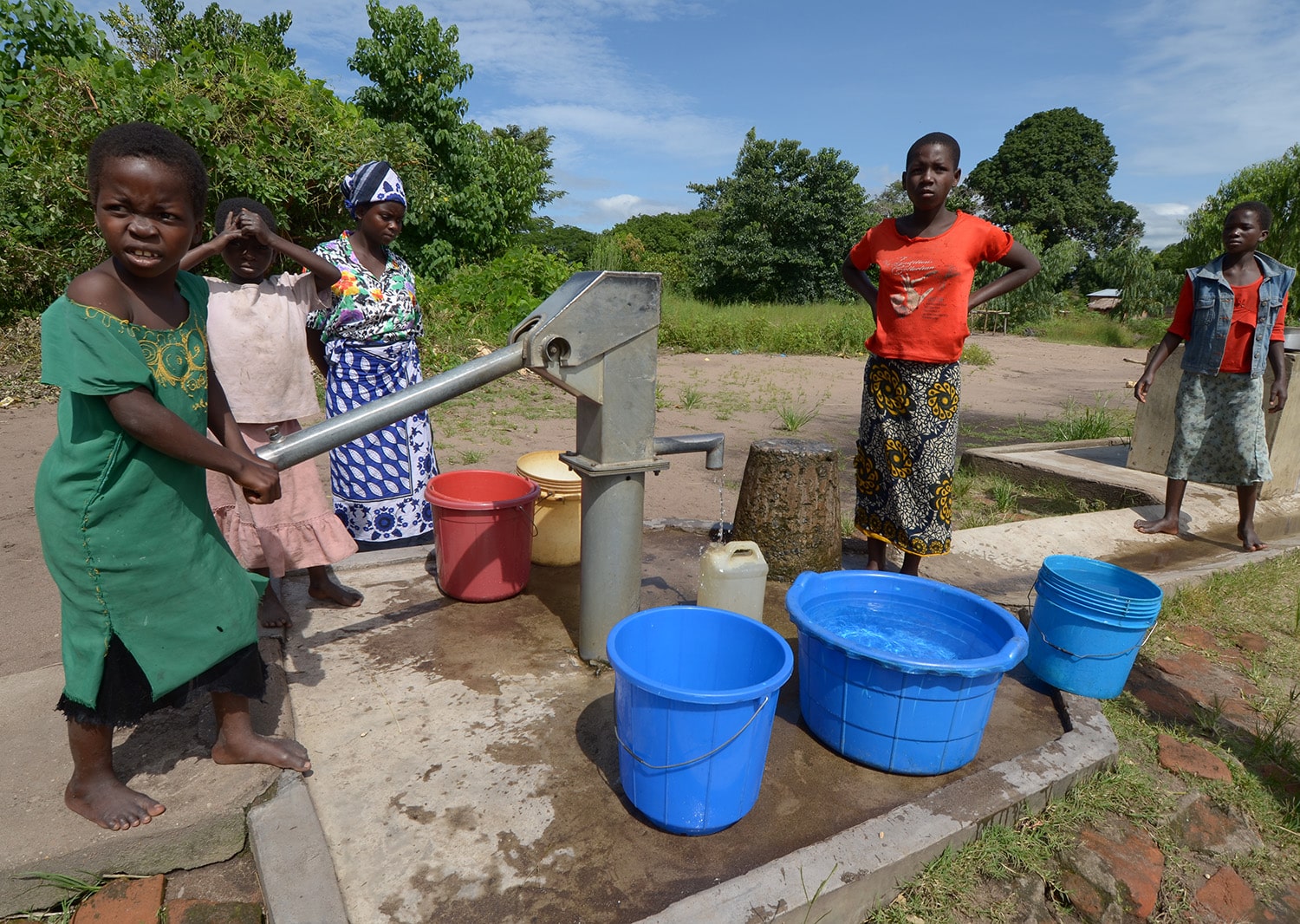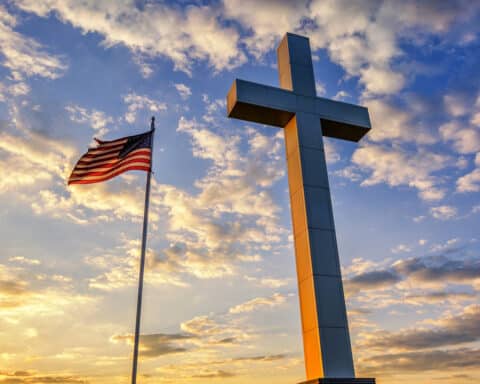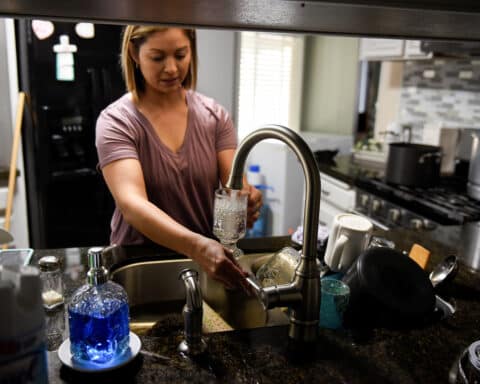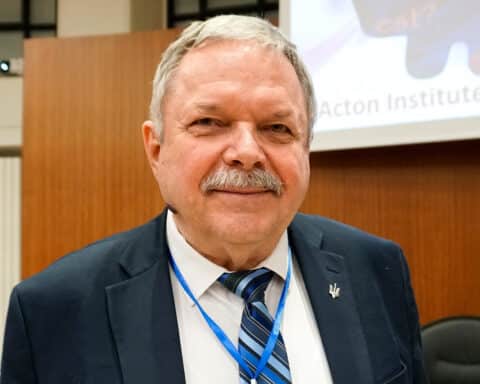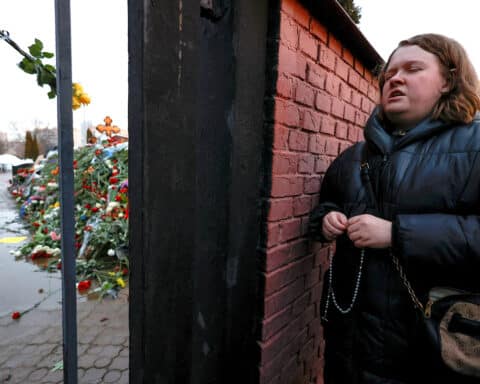Pope Francis has called for March 22 to be known as World Water Day, a time to recognize the importance of universal clean drinking water and sanitation as basic human rights, especially in the developing countries of the world.
In his encyclical letter Laudato Si’, he writes, “Access to safe drinkable water is a basic and universal human right, since it is essential to human survival and, as such, is a condition for the exercise of other human rights” (30). One of the Corporal Works of Mercy is to “Give Drink to the Thirsty,” and, as Catholics, I believe we are all called to share God’s love with the simple gift of water for everyone.
In Western nations, we are used to water flowing freely from our faucets, providing us with all we need to drink, cook, bathe, wash dishes and clean clothing. Not every country has this blessing. According to the World Health Organization, 2.2 billion people worldwide don’t have access to a safely managed drinking water service, and 1.7 billion people regularly consume water that’s contaminated with feces. The issue is worse in rural areas within developing countries because those areas lack basic infrastructure and resources.
A burden on women
The burden of water retrieval usually falls on the backs of undernourished women and their daughters. Each morning, women and girls are expected to wake before dawn and walk miles to the nearest water source to serve the needs of their families. The fortunate among them will find a well that produces clean water, but more often, they travel to a muddy stream or a shallow hole in a dry riverbed to get what they need.
Because these open sources are typically contaminated, most end up gathering water that produces serious illnesses. The statistics are shocking — the CDC reports that every year worldwide, 1.7 billion children suffer from diarrhea, 3 million people suffer from cholera, and there are 11 million cases of typhoid fever due to contaminated water sources. Chronic diarrhea in young children can lead to malnutrition since nutrients are never properly absorbed, leading to disastrous health outcomes throughout their lives.
As a mother, I can’t imagine having to make the choice between chronic dehydration and giving my children water infested with contaminants. Happy Mhango, a widowed mother of four in Malawi, has been in that situation. Happy, who was already under significant stress to provide for her family as a single mother, also began suffering from debilitating neck and shoulder pain caused by carrying heavy water buckets from a distant river.
But Happy’s local Catholic community saw her need. Not only did they bless her with love, support and friendship, but the diocese built a water well just a few minutes from her home. “My pain has disappeared!” Happy beamed. “Please give to help our friends who do not have water. The joy in our community is great, and we want others to experience the same joy.”
Access to clean water allows women like Happy and their families the ability to pursue their full potential, contribute to the well-being of their communities, and take time to attend Mass and pursue spiritual growth.
A source of life
“Christ gives life, but dirty water takes life from the people,” said Father George Banda, a priest in the Diocese of Chipata in Zambia, where many people still lack safe drinking water. “So, we need those who can help to grant clean and safe water so that with Christ the Living Water, we are able to give life to the communities and to the people who are in need.”
As Fr. Banda says, water is a picture of the life we find in Christ — the Living Water described in John 4:14 — and providing it to the poor can be achieved if we Catholics are willing to pool resources to support the installation of simple water systems in communities like his.
It’s time that we answered Christ’s call to “love one another” and provide water to families to end their thirst, restore their health, protect the lives of their children and share the Gospel message. Happy’s life changed forever because the Church took action, and there are many more women like her and families like hers eagerly awaiting that same blessing.
We can solve this problem! We can be God’s hands and feet and make this difference in his name. Let’s answer Pope Francis’ call to make access to water a human right and put our faith into action.

